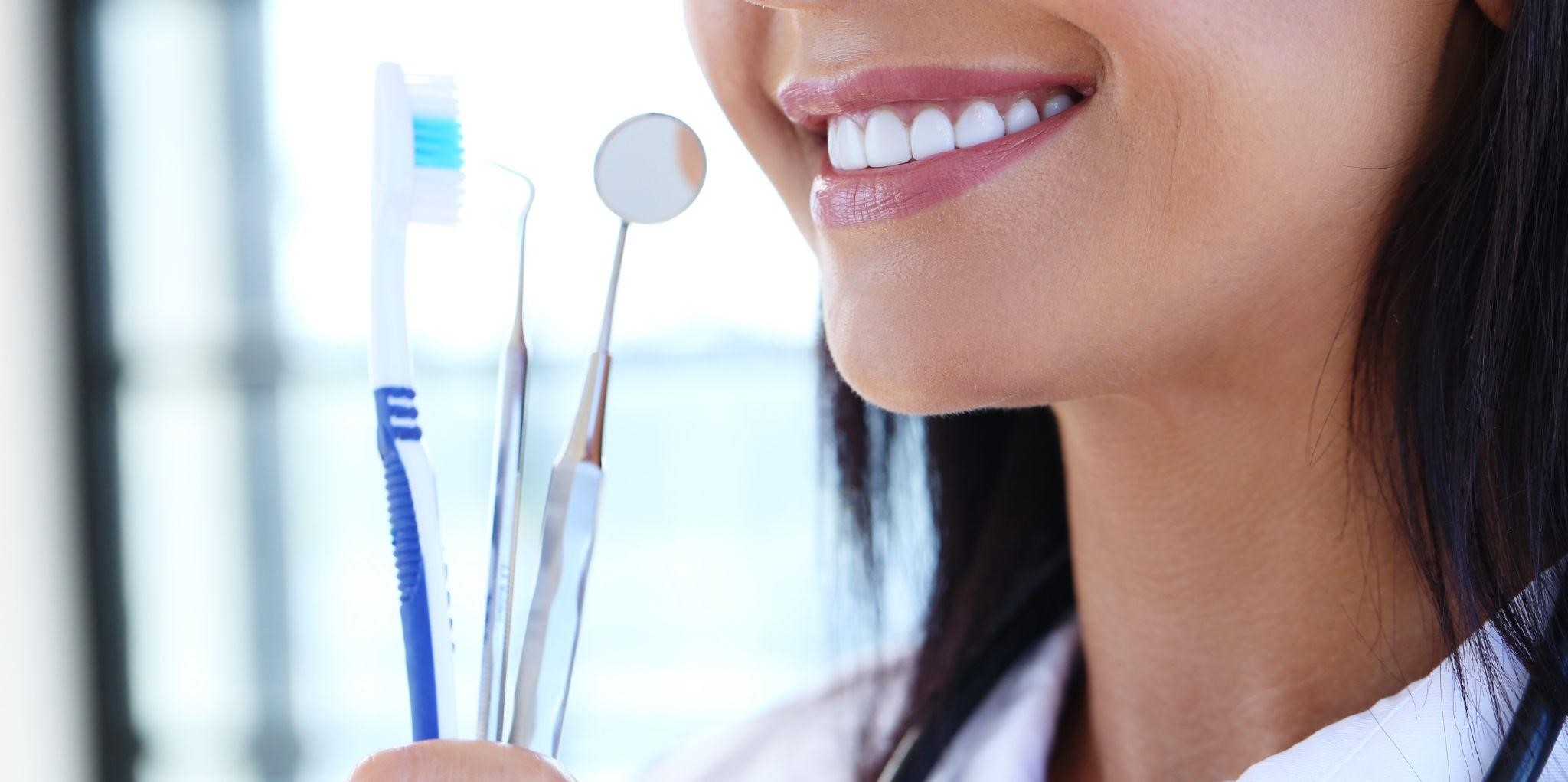Dental Hygiene: Why Good Dental Hygiene is Important
Dental hygiene is important for a healthy mouth. Dental health care includes taking care of your teeth and gums, as well as oral health. By practising good dental hygiene, you can prevent cavities, gum disease, and other dental problems.
Dental hygiene is the practice of keeping the mouth, teeth, and gums clean and healthy to prevent cavities, gum disease, bad breath, and other dental problems. Good dental health care habits include brushing your teeth twice a day with fluoride toothpaste, flossing daily, and getting regular professional cleanings from a dentist.
Dental hygiene is important for both your health and appearance. Your teeth are one of the first things people notice about you, so if they’re discoloured or missing because of poor oral health, it can affect your self-esteem.
People who follow good dental health care tend to have fewer problems with their teeth and gums than those with poor dental hygiene. They have fewer cavities and gum diseases that can cause pain, infection, and bleeding in the mouth. And they have less risk of developing heart disease or diabetes — two serious health problems that are linked to poor oral health.
Dental Hygiene Tips
To maintain good oral health, you need to brush your teeth twice a day, floss daily, and see your dentist regularly for check-ups and cleanings. Brushing removes plaque from the surface of the teeth. Plaque is a sticky substance made up of bacteria that causes tooth decay if left on the teeth. Plaque can lead to cavities (holes in the teeth). You should brush for at least two minutes until you get a good amount of foam when you brush your teeth. This is because it may take longer than one minute to get rid of all plaque.
Flossing removes plaque from between the teeth where your toothbrush can’t reach. A small amount (pea-sized) of FDA-approved fluoride toothpaste should be enough to get your teeth clean and shiny. Dentists recommend that you brush your teeth at least twice per day — once in the morning before breakfast and once before bed at night. You should also floss daily to remove food particles from between the teeth and below the gum line where they can cause inflammation or infection if left untreated.
You can prevent or reverse most cases of periodontal diseases (diseases related to gums) by maintaining good dental hygiene at home like eating a diet rich in Vitamins A and C; avoiding tobacco products; visiting your dentist regularly for cleanings and rinsing with chlorhexidine mouthwash after meals if necessary.
Flossing once a day to remove food particles and bacteria from between your teeth (these can cause gum disease). If you have trouble flossing because of tight contact points or spaces, try using floss threaders or interdental brushes, which are small brushes used in the spaces between teeth.
Use an antiseptic mouthwash after brushing and flossing to fight the germs that cause bad breath (halitosis), gingivitis (gum disease), and periodontal disease (gum inflammation). If you follow all the above-mentioned dental health tips, you can maintain good dental hygiene.
If you are on the fence on whether your teeth need braces or aligners but also worry about your oral hygiene routine, worry no more. Flash Aligners are easy to use and maintain too. You can schedule an appointment with Flash Aligners here to get your teeth aligned with our orthodontists and achieve a beautiful smile.

Most Recent
Difference Between Overjet and Overbite
 3-Feb-2023
3-Feb-2023
How To Fix Gap in Front Teeth?
 3-Feb-2023
3-Feb-2023
Snaggletooth: Causes and Treatments Options
 3-Feb-2023
3-Feb-2023
How to Overcome Dental Anxiety Forever?
 3-Feb-2023
3-Feb-2023

